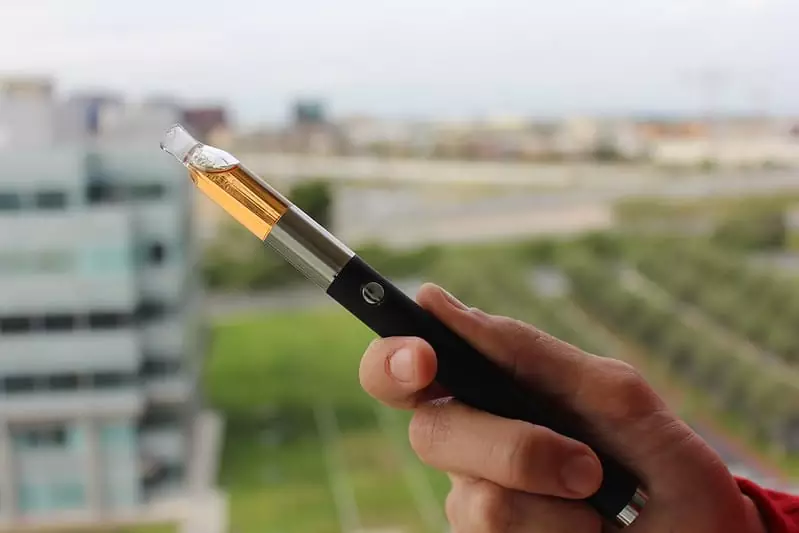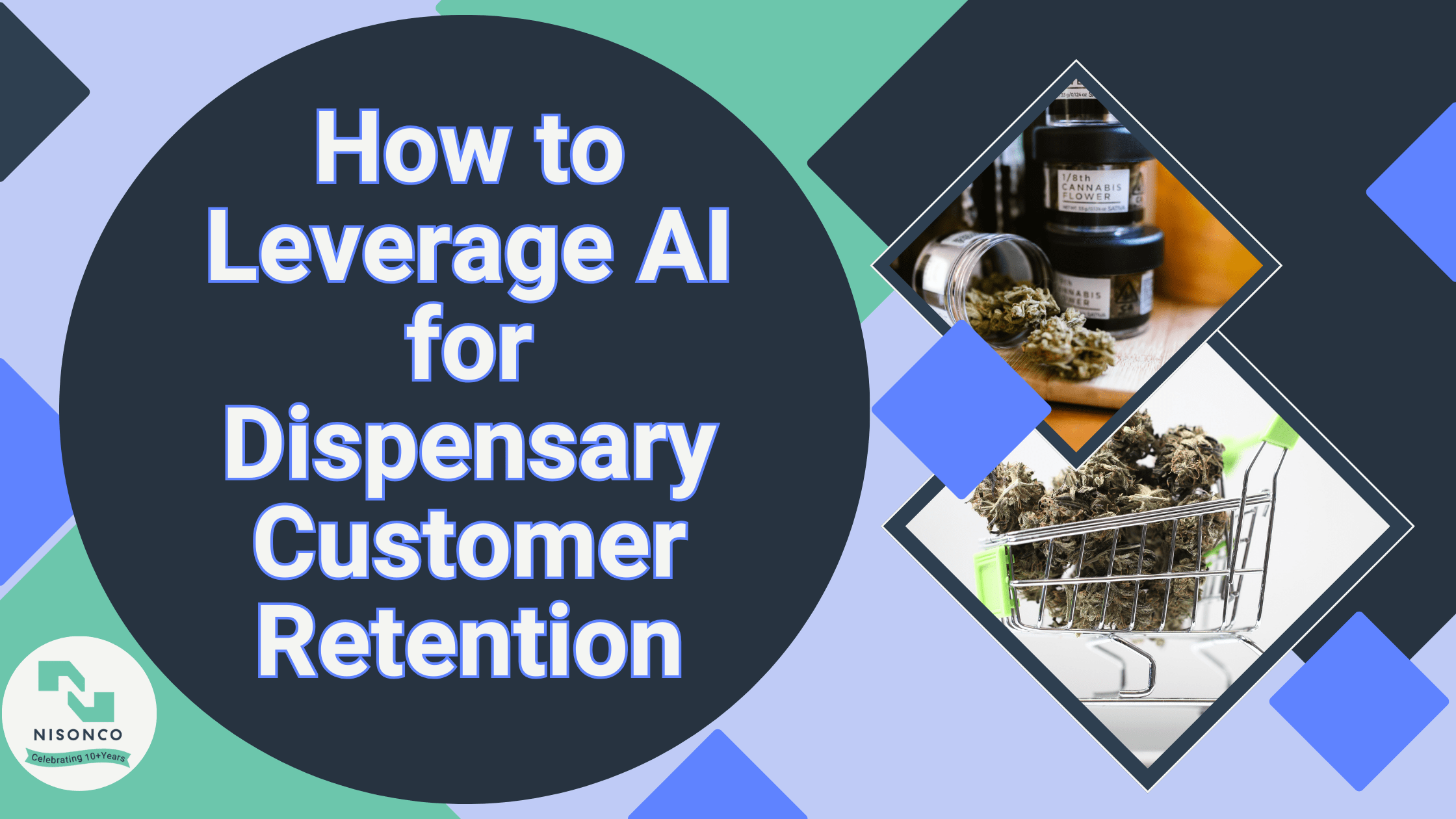Vaping has been the center of three separate federally investigated health crises over the last year: malfunctioning e-cigarette explosions have been under review since 2015, teen consumption was declared a public health crisis last November by the Surgeon General, and now more than 1300 lung injuries and 26 deaths related to vaping have raised alarms across the United States.
The most recent vaping crisis has just been dubbed EVALI (E-Cigarette/Vaping Associated Lung Injury) by the U.S. Center for Disease Control (CDC), and is the focus of this post. In the face of any brand crisis, there is only one course of action: to tactfully and directly address the subject. Using the basic information below about EVALI and the tips that follow, we at NisonCo hope your brand is able to craft knowledgeable and straightforward messaging concerning the health crisis, while simultaneously navigating a time of tricky public perception.
What is EVALI?
The symptoms of E-Cigarette/Vaping Associated Lung Injury can look very similar to the common flu, though these symptoms are not caused by infection. Symptoms of both include low oxygen levels, shortness of breath, night sweats and/or dark spots on lung X-rays. This can turn into nausea, fever, vomiting and weight loss. The lung injuries and associated auto-immune responses over time can be fatal.
What in a vaporizer is causing EVALI? How do I craft a message about it?
The CDC has not found a definitive culprit for EVALI, but there are a few suspects.
You may need to directly address the following items to assuage public worry:
The Problem: Vitamin E oil, Vitamin E acetate and other thickening oils
- Unregulated market vapes often use thickening agents in cartridges. This thickening component is often Vitamin E oil, or its distillate Vitamin E acetate, both of which are detrimental when inhaled. Both are tocopherols, which break down the liquid lining on the lungs. Other oils and lipids have a similar effect.
The Communication Solution: Compliance and company controls
- You aren’t an unregulated market supplier, and your brand is in compliance with all local and state laws. This would be a good opportunity to include extra safety controls you put in place as a company. Do you have an independent lab test product regularly, or work with research organizations? Show this was already a concern for your brand.
The Problem: Cadmium in silver solder or other toxic fumes
- The New England Journal of Medicine concluded earlier this month that lung injuries are most likely due to toxic chemical fumes (caused by inexpensive solder) inhaled while vaping, not necessarily oil inhalation. An independent study from The Colorado Green Lab concluded that cadmium in silver solder is likely the culprit, based on the materials in vapes used by EVALI patients and the range of symptoms described in the EVALI patient data sets.
The Communication Solution: Your brand suppliers are licensed and reputable
- Most licensed and legal vape devices don’t use silver solder containing cadmium. Who do you get your hardware from? If they are a GMP (Good Manufacturing Practice) facility or are otherwise notably certified, be sure to include that information.
The Problem: Unregulated market vs. legal items
- The public is worried that legal vapes have the same health issues as unregulated market vapes.
The Communication Solution: Legal vapes aren’t the problem
- This week, the Principal Deputy Director of the CDC clarified during a Congressional hearing that while the vast majority of EVALI sufferers reported using pre-filled cartridges, “they report getting them from informal sources or off the street, not necessarily from licensed dispensaries.” Make this a hard line: the CDC is mostly looking toward illicit vaporizers as the main culprits.
Other Tips:
Verbage: “Injury”, not “disease”
- Early on, the CDC was unsure if this problem was emphysema-related (making it fall under the category of disease), but they are currently referring to it as “a lung injury associated with e-cigarettes or vaping.”
Rise Above: Highlight your quality standards
- The above problems are because of low-cost, corner-cutting measures. Distance yourself from association with illicit items by being transparent about your production line. Don’t use the components that are hypothesized to be hurting people? Great! Tell the public that.
Remind the public that your company cares
- Moments of crisis can either make a company seem more approachable and community-oriented or cold and inhuman. Your company is making a statement in the first place because the people who run it care about the well-being of the people they sell to, and it’s good to acknowledge that. Be sure to provide a feedback/questions email address with any statements to be approachable.
Want NisonCo to help your company discuss difficult and sensitive subjects? We are happy to help and assist companies with a wide variety of messages to target different audiences including media, investors, or your consumers. Contact us here. Photo Credit, Flickr: Lindsay Fox



